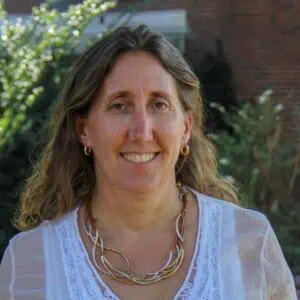
The environmental sustainability major at Ferrum College is more than just science! This program challenges students to think critically to explore solutions to current environmental issues by including not only the environment but also economic and social aspects.
You will take a core of environmental courses, including Introduction to Environmental Science, Advanced Environmental Planning and Development, and Fundamentals of Ecology.
An introduction to environmental planning and development, with a particular focus on social and political issues pertaining to sustainable development.
An overview of tools and techniques used in environmental monitoring. Lecture and lab content focuses on hydrology, agriculture, biodiversity, climate change, and energy systems.
A study of the concepts, procedures, and substantive approaches in the design and evaluation of public policy. Case studies provide in-depth treatment of actual policymaking.
Environmental policy analysts provide research and analytical services for policy briefs related to energy sources, climate change, environmental justice, environmental health, and related issues.
Hydrologists study how water moves across and through the Earth’s crust. They study how rain, snow, and other forms of precipitation impact river flows or groundwater levels and how surface water and groundwater evaporate back into the atmosphere or eventually reach the oceans.
Environmental engineers use the principles of engineering, soil science, biology, and chemistry to develop solutions to environmental problems. They work to improve recycling, waste disposal, public health, and water and air pollution control.
View the catalog for all program courses and degree requirements.
